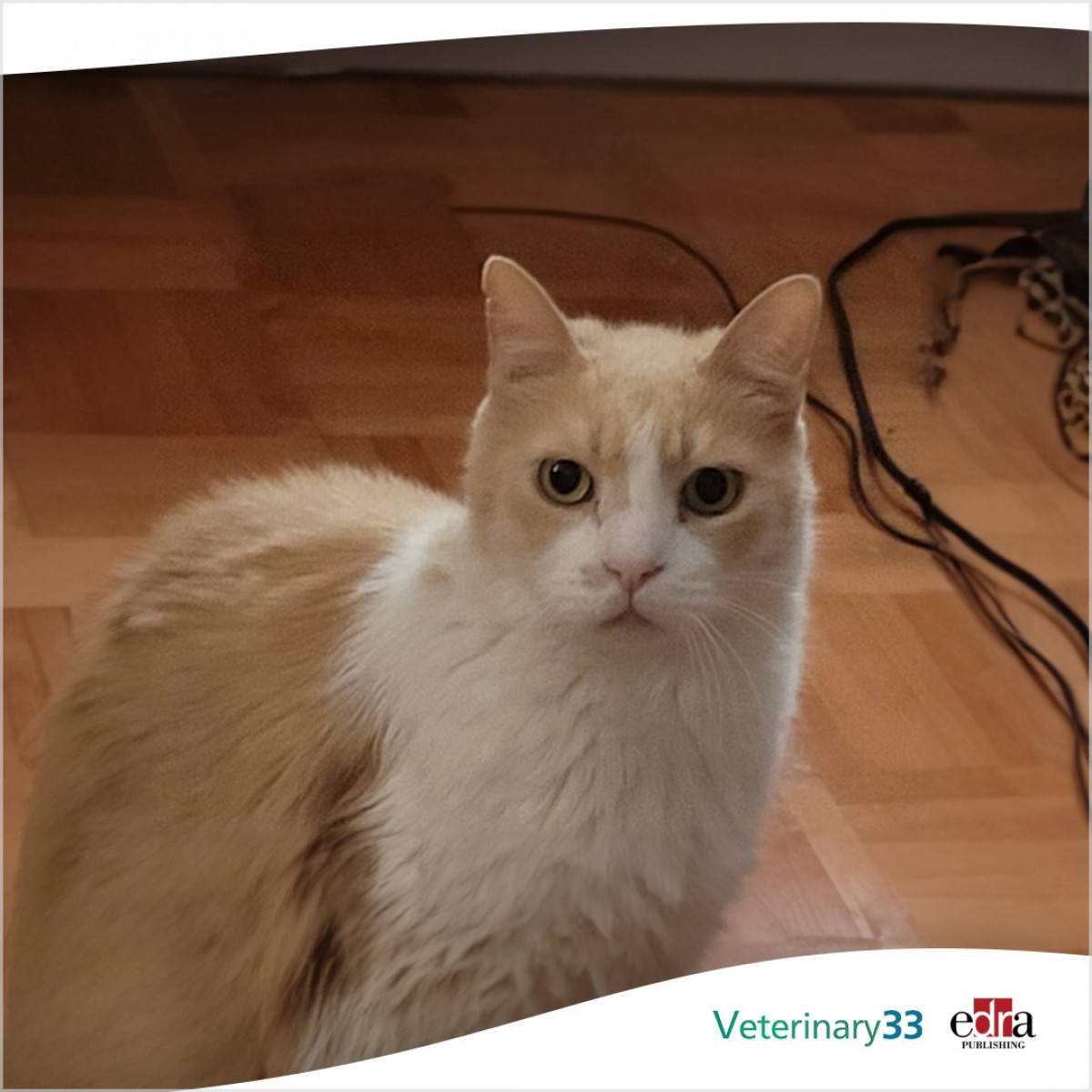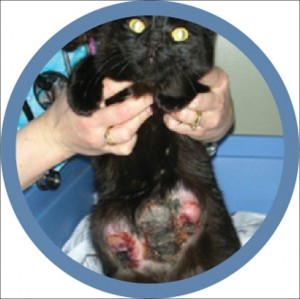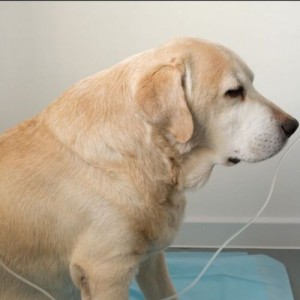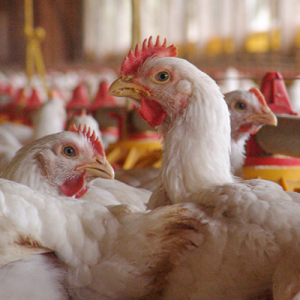Veterinarians ask for help replenishing rabies vaccine supply in Ukraine
Since the Russian invasion of Ukraine, millions of dogs and cats have been abandoned in the war-torn region.
In Ukraine, rabies is present both in the wild and in domestic animals. The war has worsened the situation in the country, forcing refugees to flee by bringing pets that do not meet current health requirements into the European Union. These insights are outlined in a resolution adopted on May 13, 2023, at the spring assembly of the Visegrad Vet + Group.
The Federation of European Veterinarians (FVE) published the resolution.
Animals accompanying refugees may encounter unvaccinated animals, including pets and wild animals, in rabies-free EU territories, the resolution stated. As a reminder, rabies infection leads to death in 100% of cases, both human and animal, if there is no immediate intervention.
Post-exposure prophylaxis of people is effective if administered five days after infection, veterinarians said at the meeting, urging that contacts be traced as quickly as possible.
Veterinarians from Central European countries said the governments of EU countries must define a rapid and joint action to help Ukraine replenish national stocks of vaccines for humans and animals against rabies and for post-prophylactic treatment for humans.
Additional requests from the group include a call to:
- replenish national stocks of vaccines for humans and animals against rabies and post-prophylactic treatment for humans, if needed.
- organize mass vaccination, sterilization and identification of stray pets and domestic animals against rabies in Ukraine (at least 100 veterinarians and volunteers are needed) in collaboration with local veterinary clinics.
- participate in organization of vaccination of wild animals in Ukraine.
- ensure appropriate level of laboratory diagnostics for rabies in Ukraine to enable detection of all cases of rabies and testing for rabies antibodies.
- create additional shelters for stray dogs, if needed, and support existing ones.
The document was voted on along with another resolution on the need for a comprehensive vaccination strategy against HPAI, or highly pathogenic avian influenza.
Learn more and read the position papers on the FVE website: https://fve.org/publications/hpai-rabies-visegrad-plus-position-papers/
Content included in this story stems from an article published by the National Association of Italian Veterinarians.













List
Add
Please enter a comment